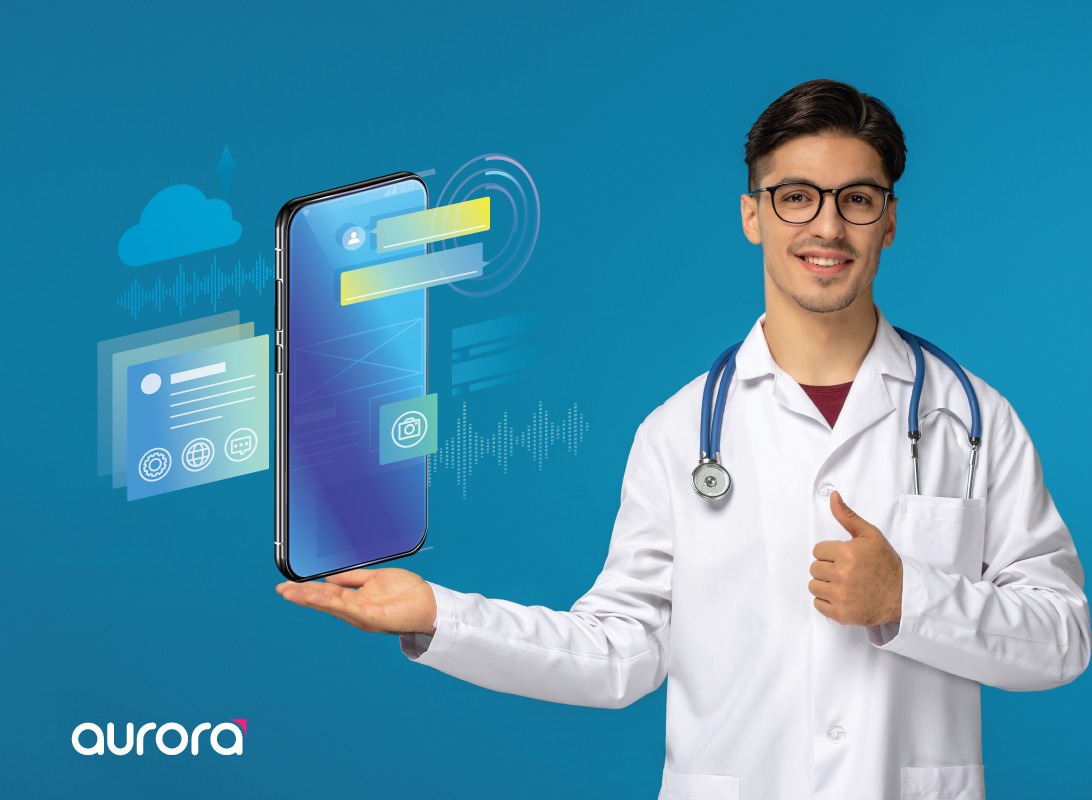
In today's fast-paced world, technology has changed the way we live and work. The healthcare industry is no exception, and doctors are now using mobile apps to improve their work processes and provide better patient care, especially in inpatient scenarios. Mobile apps have transformed the way doctors work and interact with their patients, providing numerous benefits that were not previously possible.
- Improved Access to Patient Information: With mobile apps, doctors can access their patients' medical records and vital information anywhere, anytime. This is especially important in inpatient scenarios where patients are hospitalized for extended periods of time and require constant monitoring. Mobile apps allow doctors to access updated information about their patients' conditions, including test results, medication changes, and vital signs, helping them to make informed decisions about patient care.
- Streamlined Communication with the Care Team: Mobile apps also allow for seamless communication between doctors, nurses, and other members of the care team. This helps to reduce delays and improve coordination, leading to better patient outcomes. For example, a doctor can use a mobile app to communicate with a nurse about a patient's medication change, and the nurse can update the patient's medication list in real-time, ensuring that the right medication is given at the right time.
- Enhanced Patient Engagement: Mobile apps can also help to improve patient engagement, especially in inpatient scenarios where patients may feel isolated and disconnected from their loved ones. Patients can use mobile apps to connect with their families, receive updates on their condition, and communicate with their care team. This can improve their overall well-being and hasten their recovery.
- Reduced Administrative Burden: Mobile apps can also help to reduce the administrative burden on doctors and care teams. For example, they can use apps to generate patient reports, track progress, and manage discharge processes. This saves time and allows doctors to focus on providing patient care.
- Improved Patient Safety: Mobile apps can also help to improve patient safety, especially in inpatient scenarios where patients may require close monitoring. For example, doctors can use mobile apps to monitor vital signs, alert them in case of any unusual changes, and respond promptly. Additionally, the use of electronic health records (EHRs) eliminates the need for manual charting and reduces the risk of medical errors.
In conclusion, the benefits of mobile apps for doctors in inpatient scenarios are clear. From improved access to patient information to enhanced patient engagement and reduced administrative burden, mobile apps have the potential to transform the way care is provided and improve patient outcomes. As the healthcare industry continues to evolve, it is likely that the use of mobile apps will become increasingly important for doctors, nurses, and other members of the care team.
In case you require more details we at Aurora can help you make the transition. Reach us at [email protected].


